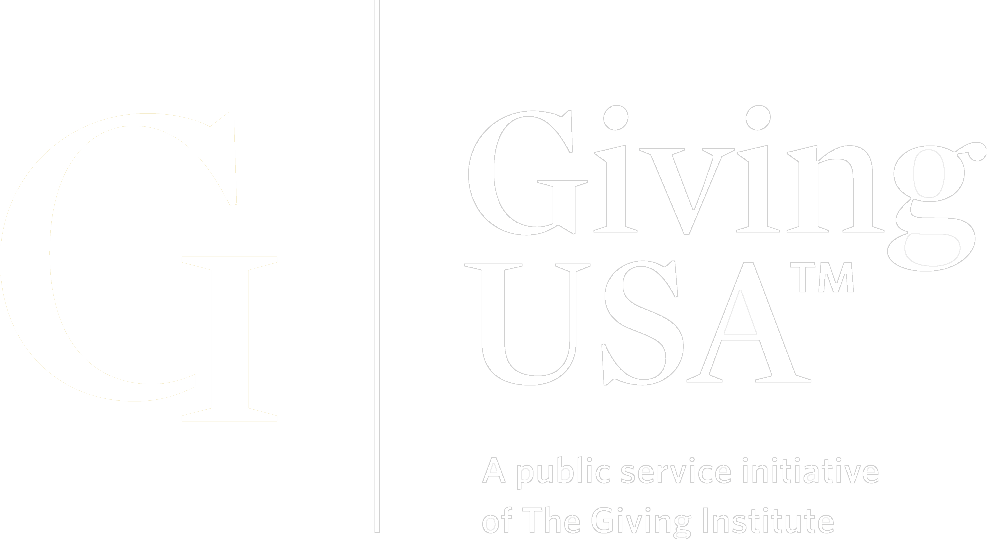by Jeffrey D. Byrne
President + CEO
At the Giving Institute and Giving USA Foundation Spring Board meeting (the publisher of the Giving USA annual report on philanthropic giving) where I am a Board member, we had the pleasure to engage with Dr. Una O. Osili, PhD, Director of Research for The Center on Philanthropy at Indiana University. Una’s presentation was around tax policy changes proposed in the U. S. Congress on itemized charitable giving.
As you may know, Congress enacted the charitable giving deduction in 1917, four years after instituting a federal income tax. Changes over the past 96 years have occurred in various ways, but the charitable deduction, as we know it, has not been in jeopardy of elimination until recent discussions by Congress.
Congress is currently debating a number of options to close “loopholes” in the tax code to raise revenues. Philanthropic Industry Leaders are watching closely these actions and are quickly reacting and mobilizing their constituencies to inform their Congressmen and Congresswomen and Senators about the impact that their votes can have on constituencies in their districts and states.
Recently, C. Eugene Steuerle, the Richard B. Fisher chair, an Institute Fellow at the Urban Institute, a cofounder of the Urban-Brookings Tax Policy Center and the Center on Nonprofits and Philanthropy, in his testimony before the Committee on Ways and Means of the House of Representatives (2/14/13) said: a tax subsidy like that for charitable contributions should be treated like any other government program, examined regularly, and reformed to make it more effective. The good news is that the charitable deduction can be designed to strengthen the charitable sector and increase charitable giving at the same or even lower revenue cost.
Steuerle further stated that to increase giving, Congress can:
- create a charitable contribution for all taxpayers, not just itemizers;
- allow people to make contributions until the filing of their tax returns or April 15;
- make it easier for people to donate from accumulated amounts, such as retirement accounts and lottery winnings; and
- remove or reduce and certainly simplify the dysfunctional excise tax on foundations.
Congress can more than pay for these changes with little or no reduction in giving if it would:
- put a floor under deductions, which would have little effect on giving incentives;
- reform subsidies that tend to be highly ineffective and invite abuse, such as the deduction for household goods and clothing; and
- provide a better information system for charitable giving.
Our responsibility is to participate and actively engage with our elected officials. The stakes are too high. Our elected representatives need our active involvement and expertise because they will use our input in their calculations on how to maneuver through the maze of policy options. Don’t be shy. Engage.
For more information on how to become involved, reach out to me directly through Jeffrey Byrne + Associates, Inc. at jbyrne@jba.flywheelsites.com.


